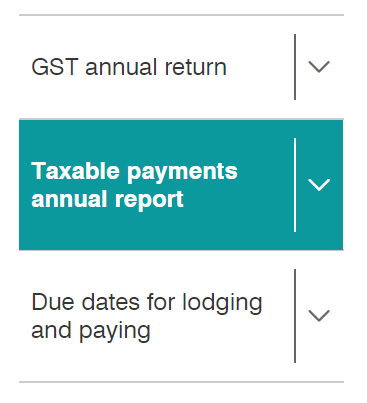The difference between full time, part time, casual and temporary employees
Employing staff can be a minefield even for the best of us! One of the confusing aspects can be understanding the difference between employment statuses and what each one can mean for your employees. Today’s blog will hopefully shine some light on the topic.

Employment Statuses
There are four employment statuses to choose from:
- Permanent Full Time
- Permanent Part Time
- Casual
- Temporary
Here is an explanation of each employment status:
Permanent Full Time Employee
Full-time employees have been employed on an ongoing basis for an average maximum of 38 ordinary hours per week. They are entitled to:
- Annual leave
- Personal leave
- Public holidays
- Parental leave
- Long service leave
- Superannuation guarantee
- Period of notice if job is terminated
Permanent Part Time Employee
Part-time employees work less than 38 hours per week but these are usually set hours and/or days. They are entitled to:
- Annual leave
- Personal leave
- Public holidays
- Parental leave
- Long service leave
- Superannuation guarantee
- Period of notice if job is terminated
Casual Employee
Casual employees do not have regular work hours and are not guaranteed to get regular work. They are paid for the hours worked and receive a loading (usually 25% but you must check the relevant award as this can vary) to compensate them for not receiving the same benefits as full or part-time workers. Casuals can be entitled to penalty rates, loadings, and allowances – again check your award for further details. Casuals are entitled to:
- 2 days unpaid carers leave per occasion
- 2 days compassionate leave per occasion
- Community service leave (except paid jury service)
- Unpaid parental leave
- 2 days unpaid adoption leave
- Superannuation guarantee
- A day off on public holidays unless a work day has been arranged between the worker and the employer
- A maximum of 38 hours per week, plus reasonable additional hours
- After a period of regular employment across 12 months (and if the position is to continue), casuals are entitled to flexible working hours and parental leave
- Casuals may also be entitled to long service leave and paid parental leave
Temporary Employee
Temporary employees are engaged for a specific period of time either via a fixed-term contract or to assist in a particular project which has an end date. These employees are also considered to be temporary if they replace permanent employees who may have taken long service leave, parental leave, or who are injured. Workers engaged via an agency would also be classified as temporary. Temporary employees are eligible for the same entitlements as described above depending on whether they are employed on a full-time, part-time or casual basis.
More information about this topic can be found on the Fairwork website.
I hope you now have a clearer understanding of the difference between the 4 employment statuses than you did before! This is a very basic description of employment statuses. For more specific information related to your industry and employees, please refer to your award.
The difference between full time, part time, casual and temporary employees Read More »








